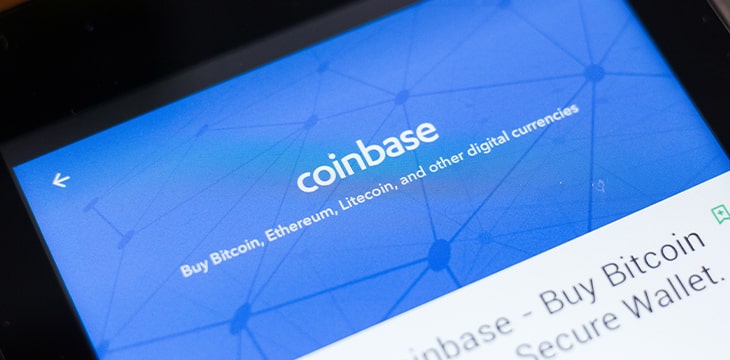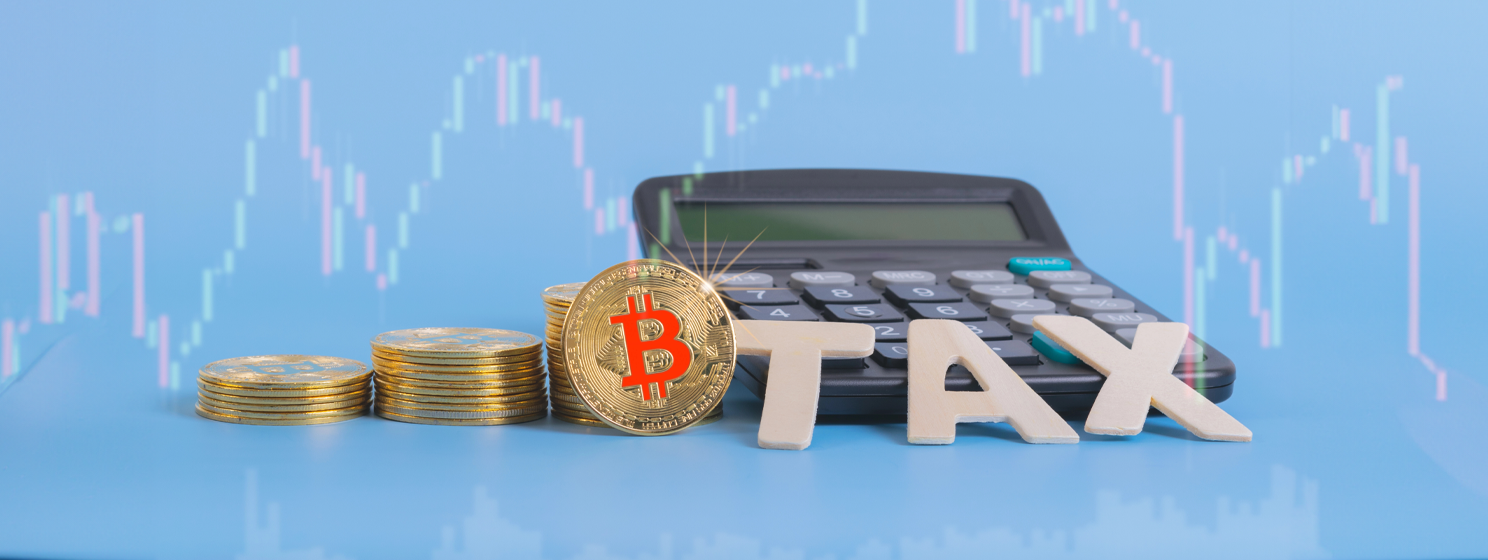|
Getting your Trinity Audio player ready...
|
Coinbase (NASDAQ: COIN) has announced that they will not be taking their stock public via IPO but rather, will go public via a direct listing.
What is a direct listing?
A direct listing is when a company goes public without using an underwriter or issuing new shares; instead, the company floats its existing outstanding shares on a stock exchange. A direct listing has many benefits for a company like Coinbase whose valuation is estimated to be a little over $8 billion. When a company does a direct listing, the shares held by insiders at the company are not subject to a lock-up period, which means that insiders can sell their shares the day that Coinbase gets publicly listed. Because Coinbase will not be issuing any new shares, their stock will not become diluted; this means that the existing shareholders will not lose any of the percentage ownership that they currently have of the company.
The first of many
It looks like Coinbase will be the first of many companies to go public on a U.S stock exchange in 2021. Over five digital currency service providers have expressed interest in taking their companies public. Bakkt has already signed a Definitive Agreement with the blank check company VPC impact acquisition holdings ($VIH) to go public via merging with them. In addition, Bitmain has recently announced that they have made changes to their business structure in a way that will make it easier for the company to go public.
In 2020, 480 companies went public–the last time that many companies went public in one year was during the dot com bubble. Many digital currency service providers are looking to take their companies public because there is increased interest in blockchain and digital currency, and the stock market is hot. Many experts are even saying that both markets are in bubble territory. Regardless, digital currency service providers are looking to act while the iron is hot, and they believe that now is the best time to go public.

 03-05-2026
03-05-2026 




